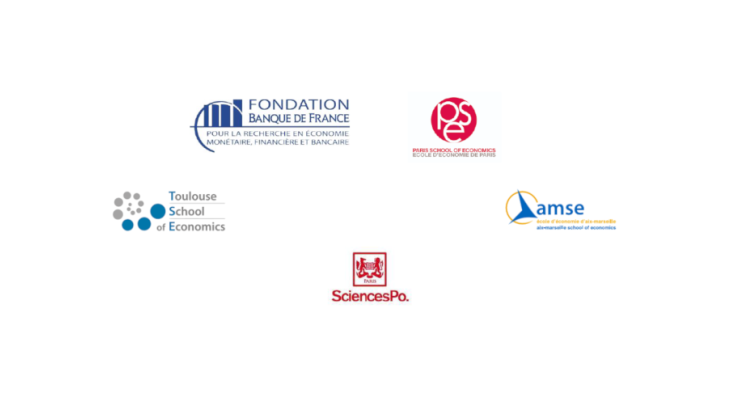Why research patronage in central banks?
Conducting research is an integral part of central banking activities. Thanks to their work, researchers contribute to the authorities’ discussions and thus provide valuable help in the decision-making process. In addition, they offer a scientific perspective to the debates, for example by formally structuring the various arguments that may be opposed or by setting up robust analysis and assessment tools. Thus, they contribute to establishing the central bank’s position, increasing its influence with its peers, academics and experts while informing the public debate.
It is neither possible nor desirable for central banks to conduct research alone on all potentially relevant subjects in their areas of interest. Hence, patronage can provide an appropriate response to the needs of central banks in their research strategies. By supporting work focused on a central bank’s interests and enabling it to forge close links with teams and institutions of excellence, patronage saves time and streamlines resources at various levels (knowledge sharing, stylised facts, methods, etc.). In addition, by promoting exchanges between researchers from different horizons, research patronage creates synergies between experts. This is why several central banks, in particular in Europe, have launched patronage initiatives. This is the case for the Bundesbank via the Stiftung Geld und Währung, for the Banco de España via the Center for Monetary and Financial Studies, and the Banca d'Italia via the Einaudi Institute for Economics and Finance.
What instruments for the Banque de France’s patronage strategy?
The research patronage policy of the Banque de France is both driven by:
- the Fondation Banque de France pour la recherche en économie monétaire, financière et bancaire, set up in 1995, which promotes research by awarding research grants and various prizes (Young Researcher prize, etc.), by inviting renowned researchers, by organising conferences and seminars and by providing ad hoc support to research bodies;
- partnerships that ensure collaboration with high-level French research institutions: a partnership was signed with the Toulouse School of Economics (TSE) in 2008 and with the Paris School of Economics (PSE) and Science Po Paris in 2009; followed by the Aix Marseille School of Economics (AMSE) in 2012 and the Collège de France in 2017, etc.
The actions of the Foundation are all based on the principle of competing projects. The aid provided aims to support the best projects or to reward the most deserving researchers in certain age groups and specialties. To do this, the research grants, the "Young Researchers" prizes, the monetary thesis prizes or the visiting scholars programme are awarded after selection processes based on calls for tenders and competition procedures between applicants. The scope of its actions has also expanded and diversified over time. Thus, since 2015, it has promoted gender diversity and young researchers when awarding research grants, as well as cooperation with other players in the field of patronage (l’Institut Louis Bachelier).
The partnerships aim to build bridges between the Banque de France and the world of university research. These partners have, for the most part, developed recognised expertise on subjects related to central banks’ missions, such as monetary macroeconomics, financial stability, international macroeconomics, and public policy assessment. The actions carried out in this context include the organisation of thematic seminars, the awarding of prizes (prix BdF-TSE en économie monétaire et en finance), the tutoring of in-house researchers by renowned academics, the secondment of Banque de France researchers with the Bank’s partners and the joint organisation of international conferences.
Foundation and partnerships: complementary or substitutable?
There is no real dichotomy between the two levers of the Banque de France's research patronage policy. They are both substitutable in the conduct of certain actions, and complementary in the way in which they irrigate the research community. Seminars and conferences are organised both within the framework of the Foundation and within the framework of partnerships; the same holds true for the awarding of prizes. The channel through which these events are organised makes little difference to the research community.
However, a key difference between the Foundation and the partnerships is governance. Since the Foundation has been recognised as a public utility since 1995, its governance is strictly regulated to ensure its openness to civil society and public authorities. For example, the Ministry of the Economy and Finance and the Ministry of Higher Education and Research are represented on the Board of Directors of the Foundation. The regulatory framework of partnerships offers more flexibility. Among other things, it takes into account the specificities of the different partners. In addition, the process of regularly renewing and revising the partnership agreements makes it possible to closely monitor the respective commitments of the various parties.
Another difference between the Foundation and the partnerships is the target researchers. The principle of competition, which underlies the actions of the Foundation, has contributed to its international aura. However, in fact, it has limited the Foundation's ability to actively support research in France. From this point of view, the actions of the partnerships complement those of the Foundation.
